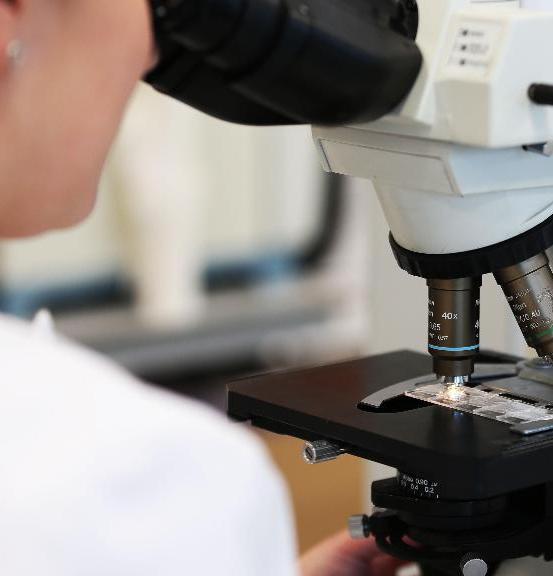Two-thirds of cancer cases down to biological bad luck: New study
Plain old bad luck plays a major role in determining who gets cancer and who does not, according to researchers who found that two-thirds of cancer incidence of various types can be blamed on random mutations and not heredity or risky habits like smoking. The researchers said on Thursday random DNA mutations accumulating in various parts of the body during ordinary cell division are the prime culprits behind many cancer types. They looked at 31 cancer types and found that 22 of them, including leukemia and pancreatic, bone, testicular, ovarian and brain cancer, could be explained largely by these random mutations—essentially biological bad luck. Overall, they attributed 65 percent of cancer incidence to random mutations in genes that can drive cancer growth. Johns Hopkins biomathematician Cristian Tomasetti said the study indicates that changing one’s lifestyle and habits like smoking to avoid cancer risks may help prevent certain cancers, but may not be as effective for others.
When someone gets cancer, immediately people want to know why. They like to believe there’s a reason. And the real reason in many cases is not because you didn’t behave well or were exposed to some bad environmental influence, it’s just because that person was unlucky. It’s losing the lottery.
Oncologist Dr. Bert Vogelstein of the Johns Hopkins University School of Medicine in Baltimore

Health